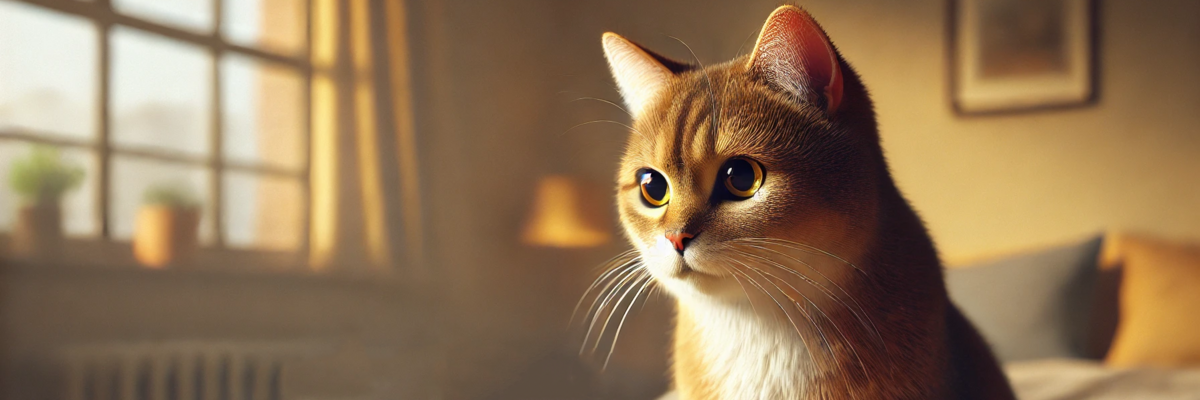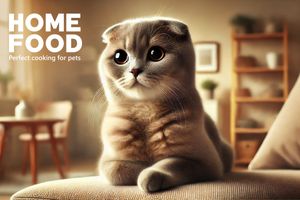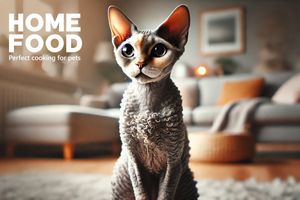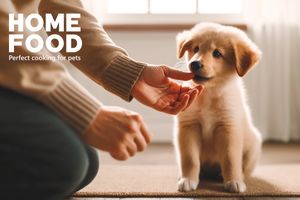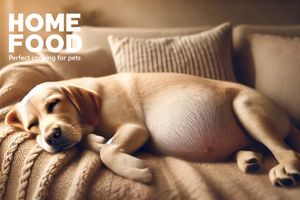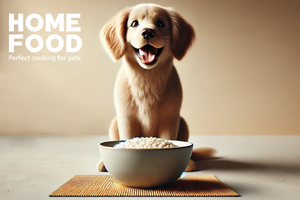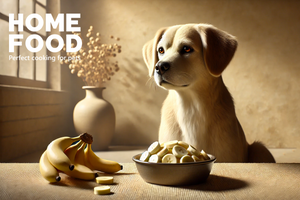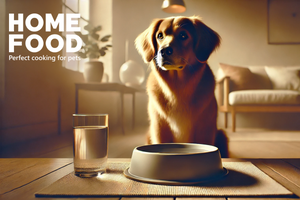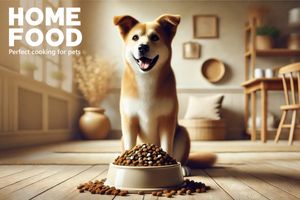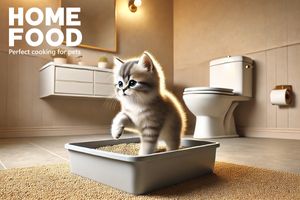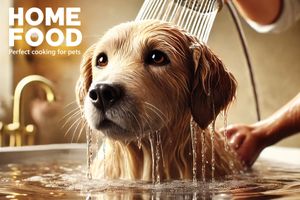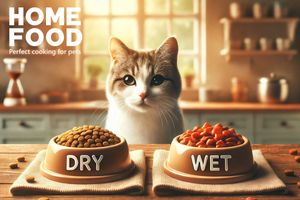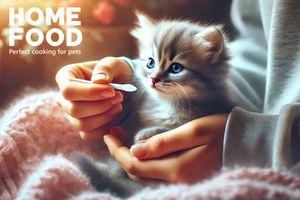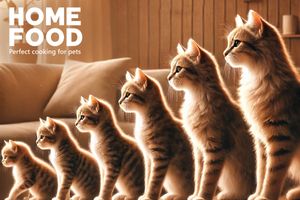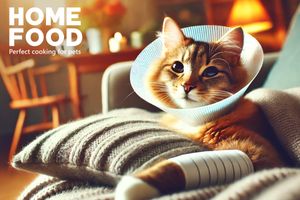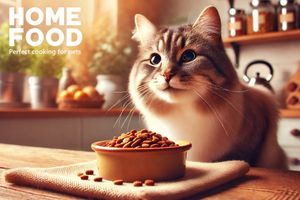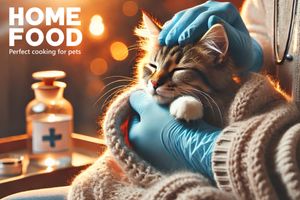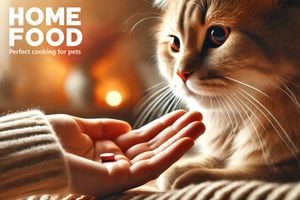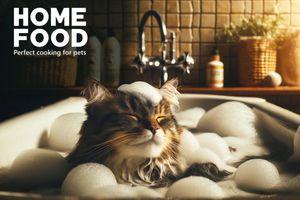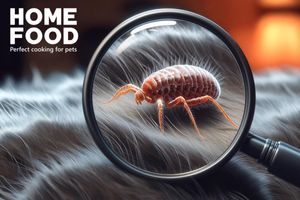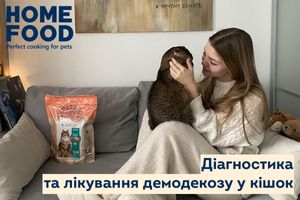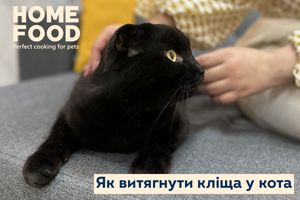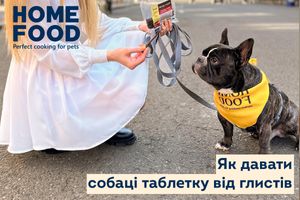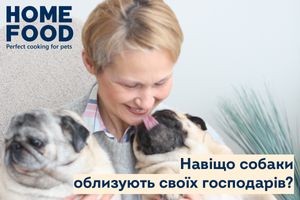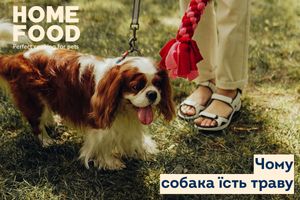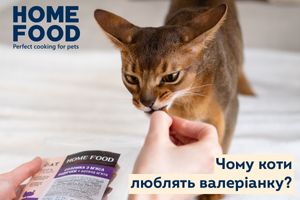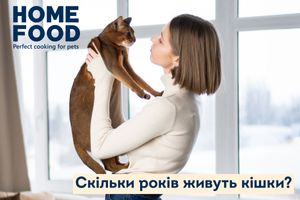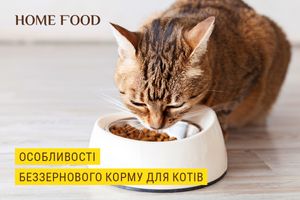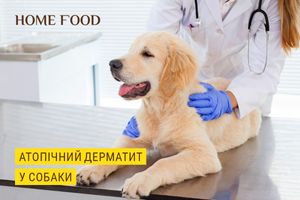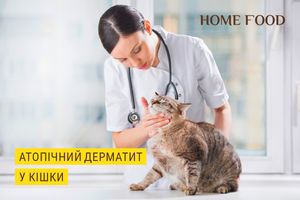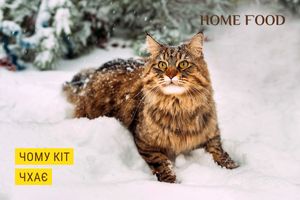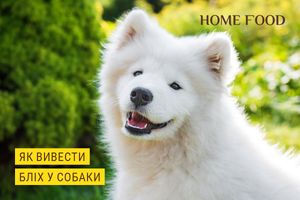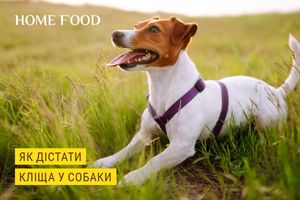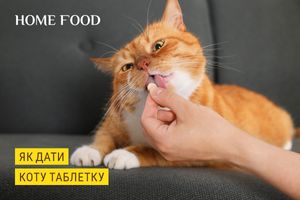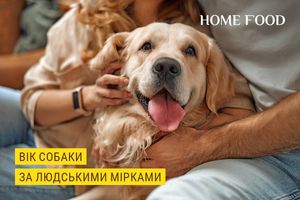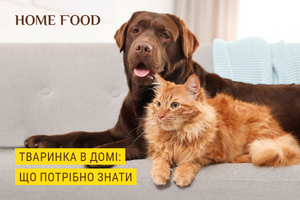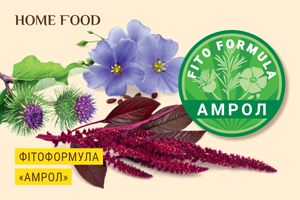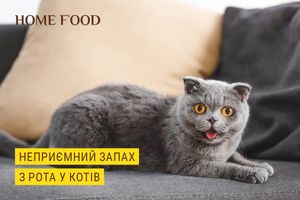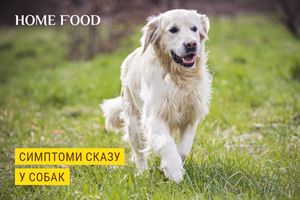Corn is a popular food that many cat owners include in their pets' diets. Some pets may show interest in this cereal, which raises questions about its safety and benefits. However, for cats on special diets, it is important to choose foods carefully. Let's consider whether this cereal can be given to cats and what to consider.
Useful properties of corn
The cereal contains protein (9.5%), fat (4.5%), carbohydrates (4.7%), and fibre. It is also rich in vitamins A, B, E and PP, as well as minerals such as calcium, potassium, sodium, magnesium, phosphorus and iron. The calorie content of the cereal is 365 kcal per 100 g. This product helps to improve metabolism and can maintain vitality.
However, it is important to remember that corn does not provide a complete set of essential nutrients for the animal. It is not a substitute for specialised foods designed to meet all your cat's needs.
Boiled corn for cats
Experts allow giving cats boiled cereal, but only in limited quantities and as a treat. When cooked, it is poorly digested and can act as a laxative, cleansing the intestines. Frequent feeding of corn can lead to problems such as gas, stomach upset or intestinal obstruction, especially in animals with sensitive digestion.
Corn consumption can affect the pet's appearance. Excessive carbohydrate intake can lead to weight gain and obesity.This, in turn, can negatively affect the cat's coat, making it less shiny and healthy. This is because rice does not provide the right amount of fatty acids and other nutrients needed to maintain healthy skin and coat.
Limitations and contraindications
Corn consumption is associated with a number of risks that can significantly affect your pet's health. It is important to consider all the difficulties before introducing this product into your cat's diet:
Digestive problems. Cereals can cause digestive disorders such as constipation or diarrhoea, especially if your cat eats large amounts of them. Due to its high fibre content and difficult-to-digest elements, corn can disrupt the normal digestive process.
Allergic reactions. Some breeds of cats may be sensitive to corn. Symptoms may include skin rashes, itching, or respiratory problems. This may lead to further treatment or dietary adjustments.
Carbohydrate content. Cereals contain a significant amount of carbohydrates, which can contribute to weight gain and obesity. This is especially true if it becomes part of the regular diet, which can negatively affect the overall health of the animal.
These factors should be taken into account when including the cereal in your cat's diet. Despite some potential benefits of corn, it can have negative health effects on cats.
Canned corn
Canned foods often contain additives such as sugar, preservatives, and spices that can be harmful to animals. Therefore, it is better to avoid canned options and use boiled cereal. If you still want to treat your furry friend to a canned product, do it very rarely and in minimal quantities.
Corn in ready-made food
This cereal is often found in ready-made cat food because it is a source of carbohydrates and vitamins. However, some experts claim that it makes it difficult to digest and can contribute to obesity and diabetes. It is best to choose feeds where corn is not the main ingredient.
How to safely introduce corn into the diet
If you do decide to add the cereal to your pet's diet, it is important to do so with caution to minimise any potential negative effects. To ensure your pet's safety, follow these guidelines:
Small portions - introduce rice into your cat's diet only in very limited quantities. This will help avoid potential digestive problems and reduce the risk of negative health effects.
No additives - do not add salt, oil, spices or other seasonings to corn that may be harmful to cats.
Observe the reaction - carefully monitor your cat's condition after introducing the cereal into the diet. If there are any signs of discomfort, such as vomiting, diarrhoea, or changes in the coat, discontinue use immediately and consult your veterinarian.
Following these recommendations will help minimise the risks associated with possible health problems for your pet.
If you want to diversify your pet's diet, it is best to choose food and treats that are specially formulated to meet all of their needs. It is always best to use products that have been tested and approved by veterinarians to keep your furry friend in optimal health.
Corn can be beneficial in small amounts, but it is recommended to consult your veterinarian before introducing it into the diet, especially if your cat has health problems.









